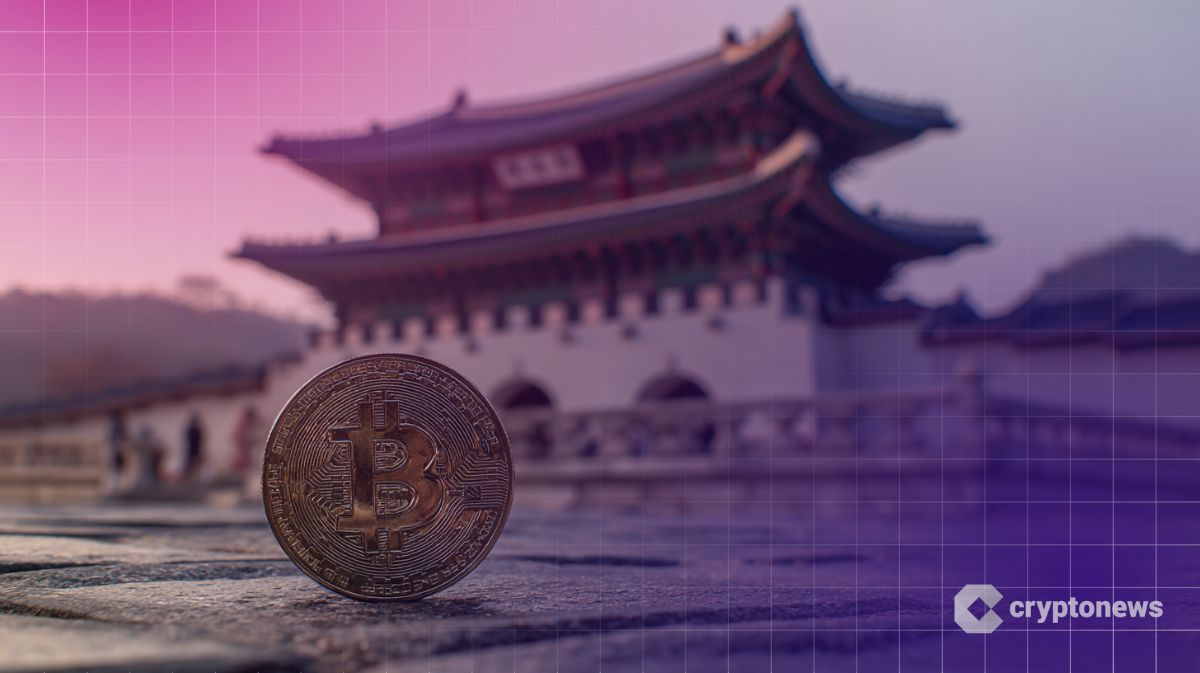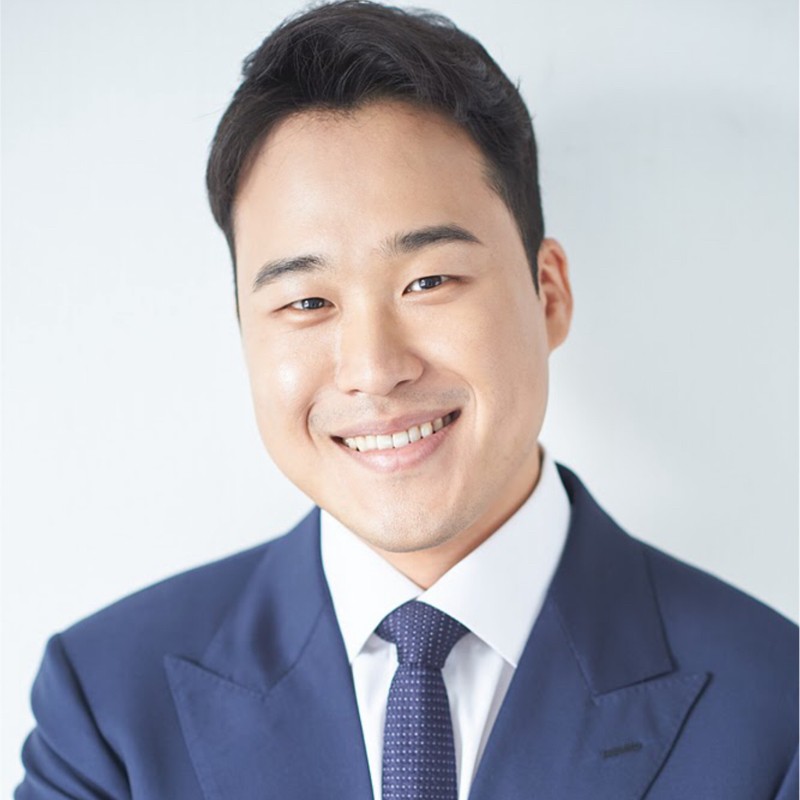Existing DeFi vaults fall short where it matters most | Opinion
Disclosure: The views and opinions expressed here belong solely to the author and do not represent the views and opinions of crypto.news’ editorial.
DeFi vaults were supposed to change everything. For a while, it felt like they had. With just a few clicks, users can deposit their crypto and have it routed through complex, automated strategies. No banks, no managers, no waiting around, just smart contracts doing all the work. But the reality is, the vault model hasn’t lived up to the hype.
The main idea still makes sense. Automating execution through code removed a big piece of the old system’s baggage. There is no need to trust someone to hold your funds or make the right trade. That alone is a huge step forward. But DeFi didn’t just need new rails. It needed better coordination. It needed a way to actually connect people with skill, capital, and insight. That part never fully came together.
The current vault model hasn’t been enough to push DeFi beyond its niche. For DeFi to reach the mainstream, we need stronger coordination, better risk management, transparency, and trust.
No way to know who you’re trusting
Ironically, even though vaults removed the need to trust someone with your money, they created a new kind of trust issue. You’re still relying on whoever created the strategy. The problem is, you rarely know who that is.
Most vaults don’t verify managers. Managers are the people or teams who design and run the trading strategies inside a vault. They decide how your money gets invested, but in most DeFi platforms, you don’t know who they are, what their track record is, or if they’re any good.
Most vaults don’t offer any records for managers. There’s no reputation system, no skill validation, no real-world identity tied to the person behind the trades. That’s fine if you’re just experimenting with a few bucks. But if you’re allocating real capital, it starts to feel more like a gamble than an investment.
Discovery and risk management are a mess
Even if you wanted to invest in vaults, how would you choose? Most platforms offer little to no curation. There’s no personalization, no ranking system, no way to follow proven strategies or surface the best-performing ones. It’s like being dropped into a crowded market without signs, labels, or recommendations. You’re left to wander and hope you stumble across something good.
For users, that’s frustrating. For vault creators, it’s limiting. It creates a system where great strategies might never get noticed, and users default to whatever’s trending, not what’s right for their goals.
To draw lessons from the past, the history of financial risk control is a long and evolving one. It reflects decades of change in financial systems, improvements in technology, and a deeper understanding of what risk actually is. The crypto and DeFi space, while still in its early stages, is clearly following a similar path.
The problem is, most DeFi vaults haven’t caught up. There’s often no framework for basic risk management, no position caps, no delayed disclosures, no protections against market manipulation or forced liquidations. Vaults may automate execution, but they leave everything else up to chance.
The history of financial risk control is a story of learning from mistakes, getting smarter with numbers, and trying to build a more stable and less scary “money game” for everyone. It’s a constant effort to avoid the next big “uh oh” moment.
Until DeFi takes that lesson seriously, vaults will continue to leave users exposed. Risk isn’t just about protecting capital. It’s about creating systems people can trust, even when markets turn.
Too much transparency can hurt performance
At first, exposing strategy logic and on-chain activity seemed like a win. Users can see exactly what is happening with their money, down to the trade. But here’s the catch. Serious traders rely on discretion. They don’t want their every move copied or front-run. When strategies are fully public in real time, the edge disappears.
For any trader managing meaningful capital, this is a non-starter. It’s like trying to win a race where everyone sees your blueprint. No wonder many of the best operators have stayed out of DeFi vaults. They have no way to protect their edge.
Final thoughts
These issues all come back to one big theme: DeFi vaults focused too much on execution and not enough on coordination. They removed the middlemen but never replaced the things that actually help people make smart investing decisions. Things like verified skill, smart discovery tools, and protection for high-conviction strategies.
What DeFi needs next isn’t just more automation. It needs better alignment between retail investors and vault managers. It needs infrastructure that helps you find the right strategies, see who’s behind them, and invest with confidence. It should feel more like discovering a top creator on YouTube than guessing which anonymous wallet might perform this week.
We’ve seen what’s possible when smart contracts run the backend. Now it’s time to fix the front end, the human part. Vaults were a strong first step. But if we want DeFi investing to be useful, scalable, and trustworthy, it’s time to think bigger. Not just faster contracts, but smarter coordination.
You May Also Like

Poseidon debuts with $15m to fuel AI’s leap from words to physical worlds

Tesla’s futuristic diner is here, serving fries and popcorn—but where’s the Dogecoin?

